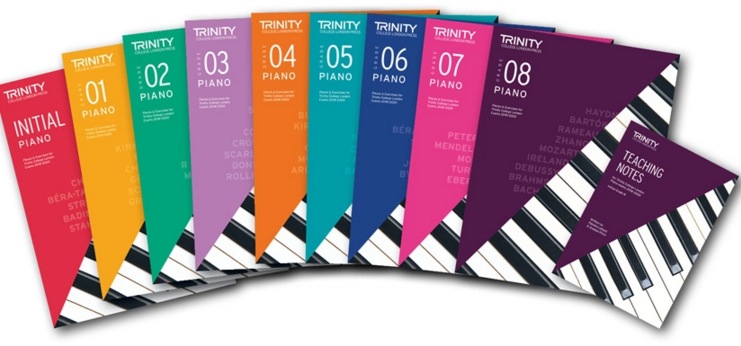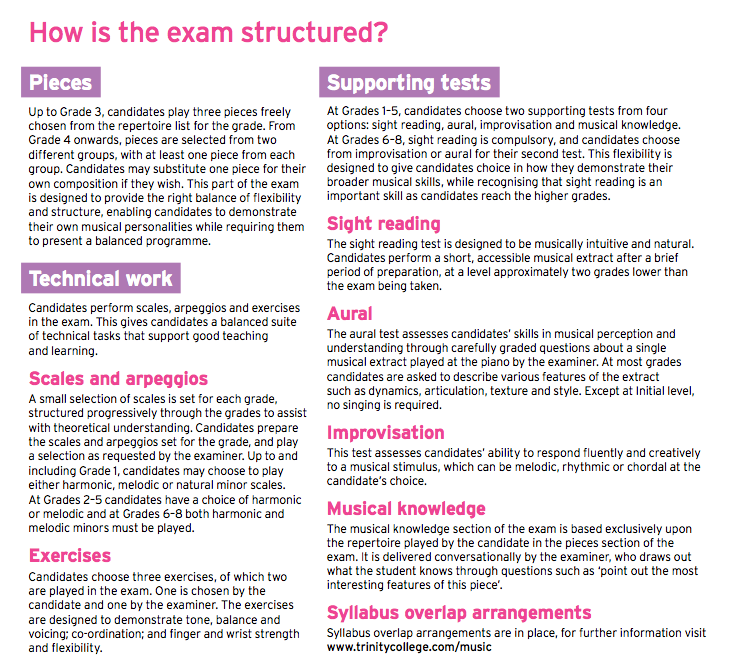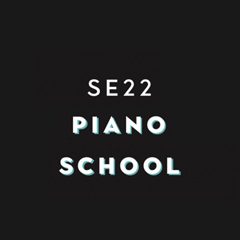
Trinity College London is our preferred exam board for practical exams.
Since 2017, we have moved to the Trinity College London exam syllabus after listening to the feedback from our students about their dissatisfaction with our previous exam board. There have been numerous complaints about the exam centre in Brockley being less than ideal with a sub-standard piano, lack of warm-up area and the noisy environment of a busy primary school that many students find disruptive to their exam with the schoolbell going off at regular intervals and the school children running around the corridor outside the exam room.
Trinity uses a venue in Forest Hill that has a new Yamaha U1 piano for the examination, a warm-up room and a quiet waiting area. The venue is available on Thursdays and Sundays. Trinity also allows you to pre-select your exam date at the time of entry which is much more preferable than waiting to see what date you are allocated.
We also find that the large amount of marks attributed to sight-reading and singing is punitive for most students that are not confident in these areas. Many of our students are reluctant to sing in front of the examiner which will result in a lower mark for the aural section. Trinity does not have any singing requirements in the lower grades. Sight-reading is also optional and can be replaced with Musical Knowledge or Improvisation.
Trinity has a much more stimulating and exciting repertoire with a good range of contemporary pieces as well as classical that appeals to a wider range of students. The marking system is also clear and concise as it breaks down the marks for pieces into three sections, thus giving you a better idea of where you excelled, and which areas need attention.
Trinity exams offer the choice and flexibility to allow candidates to play to their strengths, enabling them to gain recognition for their own unique skills as performers.
◗ Choice and flexibility — candidates choose three pieces from the repertoire lists and may offer their own composition in place of one listed piece
◗ At Initial to Grade 5, candidates may choose two supporting tests from four options: sight reading, aural, improvisation and musical knowledge. At Grades 6–8, sight reading is compulsory and candidates choose one other test
◗ Varied and exciting repertoire lists — including previously unpublished repertoire, popular classics and undiscovered gems
◗ Newly composed exercises — covering key aspects of technique to complement scales and arpeggios
◗ Uniquely diagnostic mark scheme — providing detailed and specific musical feedback

